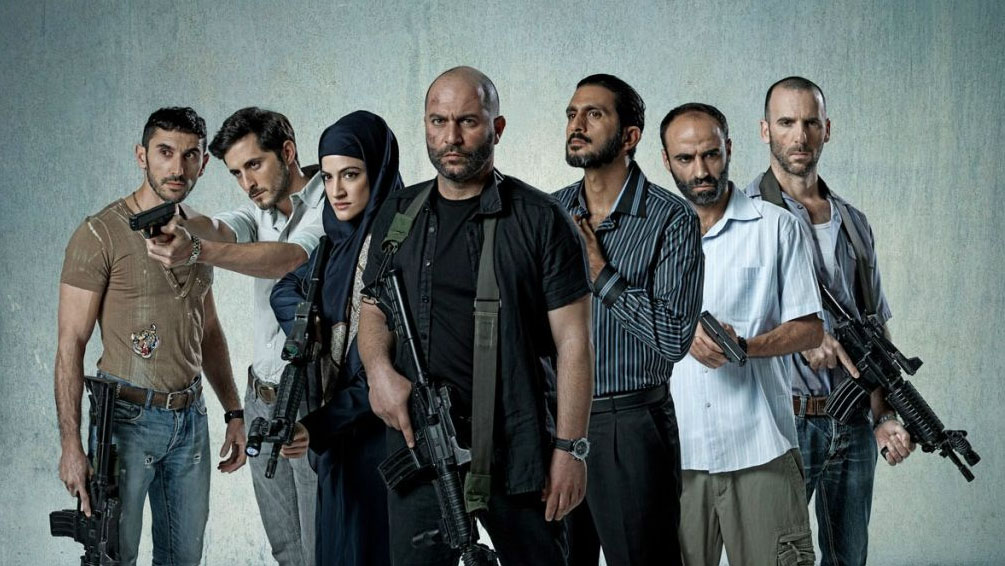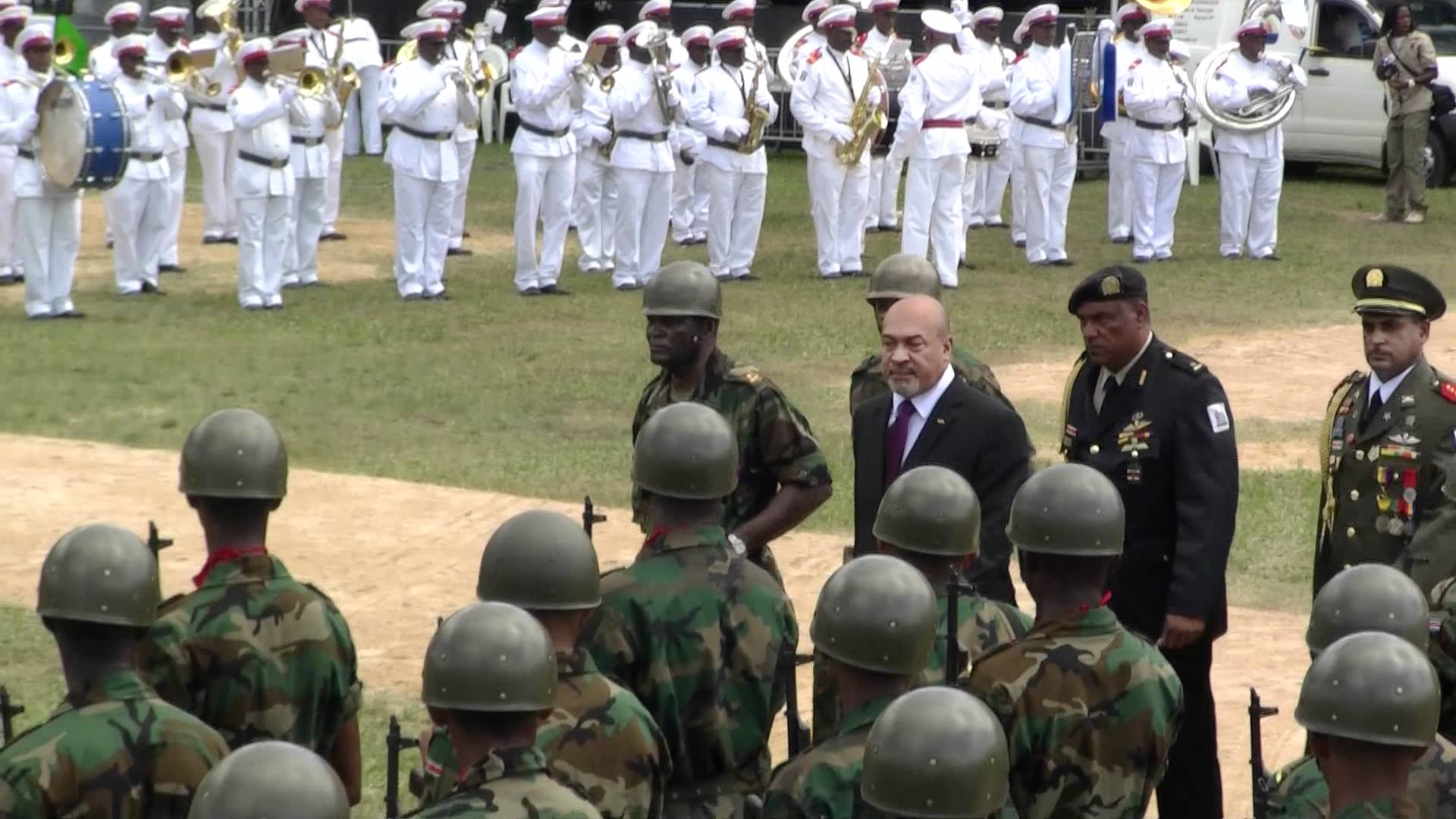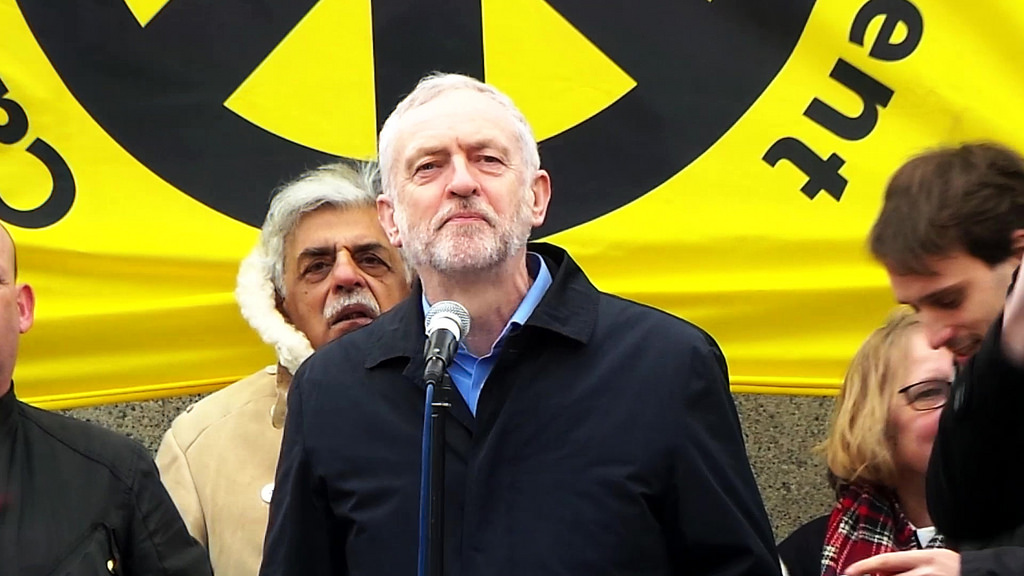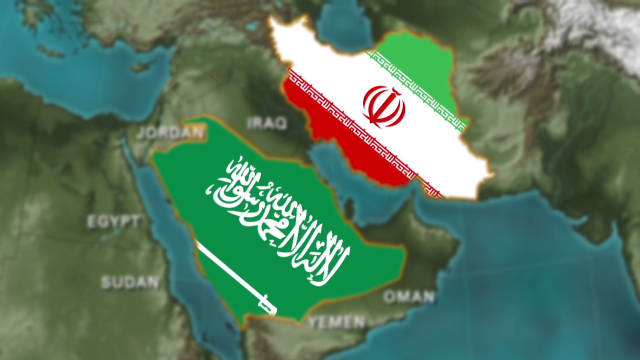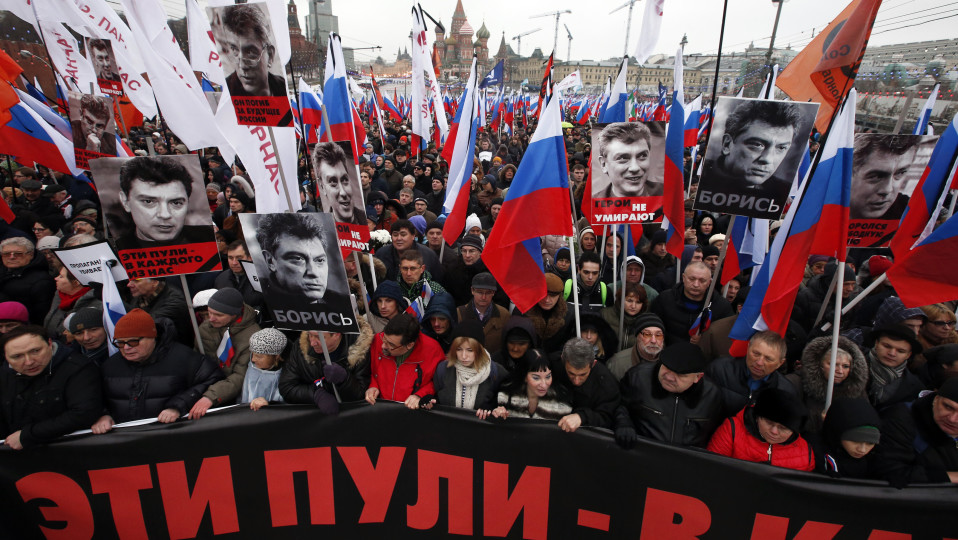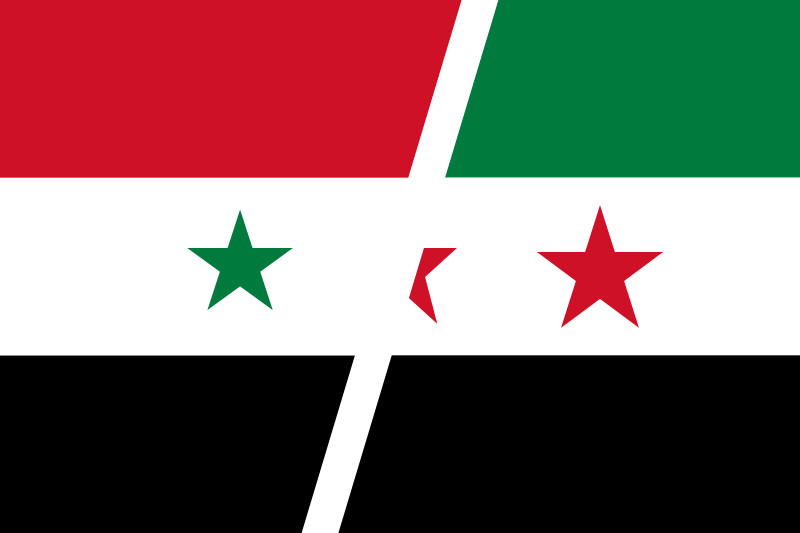“Friends and comrades! ” the Municipal Theater of Chelmsford (Essex) was a stage where a lot of artists performed , but they probably never used this formula. ” Comrades! “: You do not even need to whisper that word! “Exults one of thundering unionists that heated the crowd. September 2, the 87th campaign meeting of Jeremy Corbyn, 66, MP from the British radical left, completely unknown until this summer, was elected Saturday the head of the Labor Party last year in September 2015.
At first sight, difficult to understand why this fair speaker that looks like a bearded old teacher, this vegetarian activist, pacifist and pro-Palestinian triggered such enthusiasm in the youth, a “corbynmania” that stunned and appalled that the media which are still working on it to decrypt it. Why this old-school meeting contrary to all rules of communications , where the speakers speak behind a simple table, without sounds systems or live tweets equipement and without catchy expressions such as “Yes We Can”. This provokes an energy that is disturbing the Establishment that is taking place in the Labor Party, and that might provokes a Seism in British Politics such as Podemos in Spain or Syriza in Greece.
Even the British Tabloids, usually so efficient to spy in private sphere of politics didn’t found anything interesting or catchy.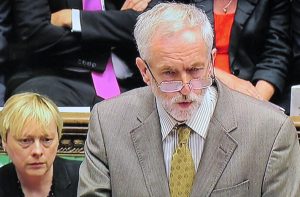
But the speeches of Jeremy are so full of hope and so radically different from the mix of insipid , formatted and conformist speeches of its three competitors that the inflamed reactions from its listeners make sense. “He believes in what he says, it is authentic, and it changes the politicians in Westminster, marvels Brendon Tiwary, 19, a student of history and politics, forgetting that Jeremy Corby is now a Parliament Member for now thirty two years. He listens to people , and nothing is more important in politics.”
Left Wing of the Left Wing
What are this man ideas, this man who keep being reelected by the popular electors of Islington, in the North of London, now for 32 years in a row? Corbyin is saying that the drastic austerity policy conducted since 2010 by the Conservatices and supported by most of the Labor Party, amounts to ” charging the poorest , brutalize them, to punish them’ and that ‘ there is an alternative to this important budgetary cuts”, that there is ” another way to treat economic affairs”. That the ” Employees are not responsible for the crisis” and that there is a need to stop massive cuts in social benefits by increase taxes for the rich and invest in the industry and infrastructures. 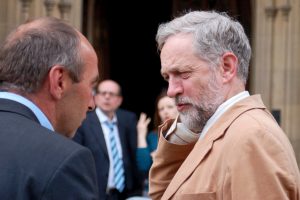
Jeremy Corbyn calls for the renationalization of the railways, for a large national program of social housing construction, to “restore safety nets against the scandal of poverty”. A shock in a country where since Margaret Thatcher, the State disengagement movement never stopped. “We must regain the vision that had our parents after 1945, recreate their vision of a more just society. ” he declared at the end of his speech.
Child of the immediate postwar period, Jeremy Corbyn is a self-taught activist who stopped studying at 18 years. Contradicting its competitors for the Labor primary, from Cambridge or the London School of Economics. The books – classics of socialist literature as Robert Tressell and George Orwell – that his mother, a professor of math, peace activist, offered him, prompted him to do politics. “I have few degrees, but I never stopped to devour books, he says before the meeting. I go through life with the conviction that the people I meet can teach me something. ”
He attended classes in the struggle against the Vietnam War and apartheid, and in solidarity with Latin America; he was street educator in Jamaica, union representative, Councillor and MP in 1983, just after joining the Socialist Campaign Group, founded by Tony Benn, then leader of the left wing of Labor. He never directed anything, and the only distinction he has received is the “Medal worst dressed MP” mock his critics who consider it “totally ineligible” as Prime Minister.
Its almost monastic appearance – white goatee, shirt open over a T-shirt, leather sandals back – and lifestyle – no cars or alcohol, the lowest budget of Westminster – is consistent with the cliché of the old leftist ascetic. And when a reporter asked him a scornful tone: “Really, you think you can lead the Labor Party? “He replies calmly, almost amused, but forgetting that he voted 533 times against the positions of his party since the election of Tony Blaire in 1997.” I’m Labor, I am a socialist. I spent all my life in this party, I have always been accustomed to speak on his behalf. “Alex Burghart, who was his Conservative opponent resolved in the parliamentary elections of May, credited him with at least one virtue: perseverance. “It takes nerves of steel to hold the same ideas for thirty years while everyone around you telling you that you are mistaken. ”
Questions about his person are annoying Jeremy Corbyn, who is only “us” in meeting campaigns . He does not conduct an individual adventure, but to challenge the Labor route by building a movement from the base, he assures the chagrin of fellow members he intends to stop the rule if elected. “I wish that Labor becomes an open house where people want to come to make their voices heard, instead of waiting for all of a omniscient leader”, the favorite dream of the primary.
“Politicians are all the same, but since Corbyn, we now have a different opinion” Josephine Pickart talking on behalf of British Students
Even the tabloid press, very effective to dig into private lives, did not find much to put in their mouths. Three marriages and two divorces “that surprise, given the seriousness of his behavior,” thinks he can write the Daily Mail, which published the photo of his current wife, Laura Alvarez, a twenty-year-old Mexican younger than him “The important coffee fair “of his country. But especially popular newspapers accuse Jeremy Corbyn to be anti-monarchist, for bringing a red blazer during the eulogy of the Queen Mother in 2002 and have maintained contacts with Sinn Fein leader Gerry Adams before the Irish 1998 Peace Accords.
The bookies did not give his chances expensive – 200 against 1 – when, in mid-June to run for the Labor leadership obtained at the last second the thirty-five deputies sponsorship required. Most elected officials had checked his name just to give an image of openness and weaken their opponents. But the alibi candidate of the left wing, accustomed to ridiculous scores and regarded the party as a has-been total took off, to everyone’s surprise, in July to become the favorite polls.
The new designation system that has deprived the parliamentary rule and allowed their supporters to vote, upon payment of 3 pounds (4.10 Euros), opened the ballot by 554,000 people. Among the “voters to 3 pounds,” a crowd of young people, often students, disgusted with politics and abstainers, attracted by the different and radical sixties speech activist. In the meetings, this new generation blends with union activists whose main organizations have dubbed Corbyn and fund essentially his campaign to the extreme left militants and old party members who were removed from the refocusing operated in 1994 by Tony Blair with his New Labor.
Radical positions
“The irony is that Jeremy Corbyn is as a new leader as he is a survivor of years before Blair, when leaders of the Labor preferred to defend the principles of hardcore socialism, rather than win elections . This position led to Thatcher’s triumph in 1979. He has not changed since then, said Steven Fielding,
professor of political history at the University of Nottingham. Today, that Labor lost the election in May because they have seduced the voters of the center, yet Corbyn attributed the defeat to quitting socialist project. He is the champion of “old Labor”. “
No doubt the radical positions of the Labour monk will detonate in the British political landscape marked by moderation, consensus on austerity and reverence toward the army. Jeremy Corbyn chairs the Stop the War Committee, which led the fight against the wars in Afghanistan and Iraq. “Yet another tragedy,” he said in 2011 about the killing of Osama bin Laden in a US raid, regretting that he had not been tried. It does not mean that Tony Blair had to answer in court for war crimes in connection with the invasion of Iraq.
Jeremy Corbyn is also in favor of unilateral nuclear disarmament, while the British Parliament to vote in 2016 to renew credits deterrent Trident. He will not campaign out of the EU, but denounces the economic liberalism and Europe should show little enthusiasm to support a yes vote on maintaining the Union advocated by David Cameron.
About Ukraine, the member also criticized the “excessive and obsessive expansion of NATO since 1990,” considering that the military organization “should have died with the Cold War.” “Clearly, it’s an extremist, totally disconnected from the aspirations of our citizens,” Alex Burghart slice. “His election would be excellent news for the continued rule of the Tories. But Jeremy would cause great harm to the country and would not last long at the head of Labor, “he said, before his election.
Accident-lived linked to a primary or uncontrolled turning of the British political history? Jeremy Corbyn shakes the landscape marked by the defeat of Labor in the parliamentary in May, said the “all-austerity” does not fall under the need and gives hope to some disappointed with politics. “My friends said,” Politicians are all the same. “Since Corbyn, they changed their minds: he is the only one not to indict the unemployed and immigrants, to show that austerity, the contracts at midnight and poverty are not destiny, “says Josephine Pickard, a history student of 22 years, which distributes badges and round red beer” Cheers Jeremy! “To the input of Chelmsford meeting. The theater of the small town of Essex with red velvet curtains will take part in the ascension of the most leftist leader that Labor will be given since the 1930s.


